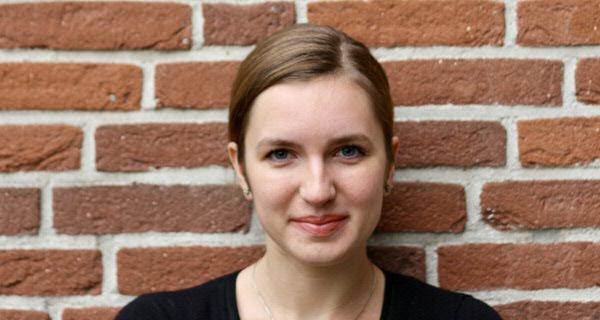
East Asia is booming. How have some East Asian countries achieved such economic growth and global prominence in so little time? What are the global implications of the rise of East Asia?
East Asia is the foremost dynamic region in the world. This Master's track is organized around the achievements, opportunities and challenges facing East Asia. Taught by international staff affiliated with the Centre for East Asian Studies Groningen this International Relations Master's programme focuses on the political economy and international relations of China, Japan and Korea.
The track takes a multidisciplinary approach. Lectures and seminars are taught by experts in international relations, history, economy or law. You will gain knowledge on the top-three economies in East Asia and develop oral, writing and research skills to analyze developments from a local and global perspective. Work placement and study abroad are optional.

The Master International Relations offers six different tracks, and I chose East Asian Studies. This means that my Master is focused on International Relations in East Asia, but also that we look at East Asia from an Asian perspective instead of a Western perspective. I find it very interesting and I am enthusiastic about my Master: it is challenging and it forces you to look critically toward your own perspective. We examine East Asia from various angles: the historical, economical, political and social aspects that make this region so unique are all highlighted. We also study International Relations theories, which enables us to put contemporary developments in perspective.
The courses are challenging, but at the same time give you the
opportunity to delve deeper into your topic of interest. Also, the
courses are a preparation for your thesis, which I find really
helpful.
Within the Master’s programme, there is a lot of freedom of
choice: in the second semester we have the option to study abroad
in East Asia, to do an internship or to follow another research
seminar. You are supposed to work hard for the Master: besides
taking part in the intensive classes, it takes a lot of time to
prepare the seminars and study the theories of International
Relations as well. Nonetheless, I do not find the study load is too
heavy: due to good time management it is possible to do something
extra besides the study.
I have chosen for the University of Groningen because their Master’s programme allows me to expand my knowledge about the Asian region in general, in addition to my knowledge about China. Also, I am really interested in International Relations, so for me this programme brings together the best of both worlds. I am originally not from Groningen, but I feel at home here. It is a friendly, cozy city, “gezellig” as we call it in Dutch. The city centre is small, which allows you to bike around and get to know the city very easily. I am very happy to study here, and I would definitely recommend the Master if you are interested in International Relations and East Asia!

Whilst studying for my Bachelor's degree in History, I became intrigued by the Minor in Modern Japan. It started with an introduction to Non-Western Studies. The further we got into the Minor, the more we learnt about East Asia and Japan and the more these took centre stage. Japan's international relations with the West, the ASEAN+3 and the rest of the world was a subject I particularly wanted to delve into.
I became fascinated with East Asia and curious about the other disciplines that study this region. The Master's track in East Asian Studies was exactly what I was looking for.
In this interdisciplinary track, you approach complex international issues from cultural, legal, political and economic perspectives. The track thus provides the deeper meaning and intellectual challenge that I need. In addition, the students and lecturers get on well and go out for a drink every now and again. This is not just fun but is also a good occasion to exchange ideas and knowledge. The lecturers have a large network, which offers many opportunities. Thanks to these connections, I am going to study at the Osaka University of Japan for four months. But the track also offers opportunities for study in China, Korea, even Mongolia!
Are you a non-EU/EEA student from Russia, India or Indonesia, starting a Master's programme at the Faculty of Arts? If so, you could qualify for the University of Groningen OTS/Talent Grant, Faculty of Arts, a partial scholarship which helps you to finance your studies.
Read more about the OTS/Talent Grant Faculty of Arts.
Are you interested in a research oriented career? Please also check our Research Master's Programme of International Relations.